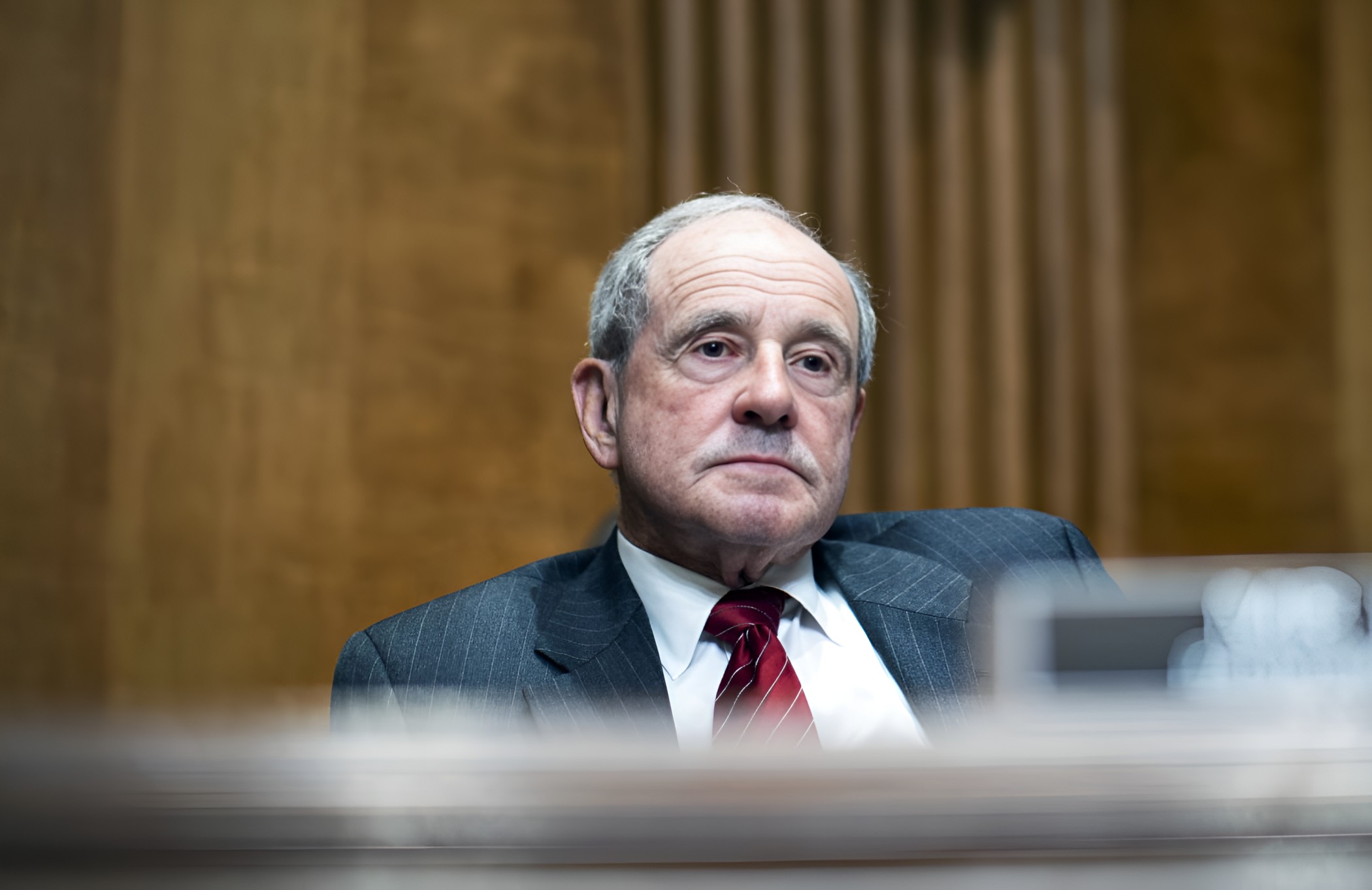Idaho Senator Jim Risch has stirred controversy among East African countries by suggesting significant changes that mark a move away from traditional aid toward an investment-focused approach in Sub-Saharan Africa.
The senator, who recently criticized President William Ruto after his remarks in China, is pushing for a mutually beneficial partnership—if not a true win-win—between the United States and East African nations.
On Tuesday, June 3, 2025, Senate Foreign Relations Committee Chair Jim Risch defended his proposal to reduce financial aid in the fight against Al Shabaab, a mission in which Kenya played a key role before withdrawing its troops following United Nations guidance.
Risch urged African nations to take greater responsibility in supporting these operations.
He also explained that he introduced the AUSSOM Funding Restriction Act of 2025 to protect U.S. taxpayer money and ensure the United Nations and African Union are held accountable for their roles in peacekeeping efforts across Africa.
“The U.S. is not abandoning the Danab forces or the fight against terrorist groups like Al Shabaab. Support for Danab began to wind down in 2024 after its leadership was caught stealing supplies and the Somali government failed to act.
American taxpayers shouldn’t be funding corruption,” part of his statement said.
He added, “The U.S. hasn’t declined to back the African Union mission in Somalia we are simply demanding that Europe and Africa contribute their fair share.
Funding mechanisms like UNSCR 2719 allow others to avoid responsibility and shift the financial burden onto U.S. taxpayers, while providing the UN cover for its own shortcomings.”
Senator Risch introduced the legislation in May 2025, emphasizing to his colleagues that it was crucial for protecting American interests while encouraging a shift in U.S. policy.
"At the United Nations, our European allies are attempting to avoid their financial obligations to the African Union Support and Stabilization Mission in Somalia by adopting a new, unbalanced funding model that shifts the costs onto American taxpayers," Risch stated during the bill’s introduction.
"This cannot be allowed to continue. This bill will block U.S. funding to AUSSOM under this new arrangement until both the AU and the UN demonstrate responsible use of existing funds and ensure Americans are no longer trapped in continuously supporting a flawed system."
The bill aims to block U.S. financial support to AUSSOM under UNSCR 2719 and requires the U.S. to oppose any UN Security Council measures that allow such funding.
The bill also mandates the Secretary of State to carry out yearly independent evaluations of the African Union’s adherence to UNSCR 2719 standards across all AU-led peace missions.
“It requires detailed reporting to Congress on the findings of these assessments, the performance and funding of AUSSOM, and any U.S. contributions made under UNSCR 2719,” the bill states in part.
Additionally, it calls for expanding current State Department briefings to include specific updates on AU peace operations financed under UNSCR 2719.
In a separate statement on Tuesday, June 3, 2025, U.S. Senior Advisor for Africa Massad Boulos, who also serves as an advisor to President Donald Trump, called for a change in policy toward Africa.
Boulos emphasized a move away from an aid-focused approach toward one centered on investment in Sub-Saharan Africa.
He highlighted that the U.S. aims to build a new partnership with commercial interests taking a leading role.
"The U.S. State Department is transitioning from an assistance-led to an investment-led strategy in Sub-Saharan Africa. Our updated approach prioritizes commercial diplomacy by supporting American businesses, identifying new market opportunities, and working with African governments on reforms to improve the business environment," Boulos said.

